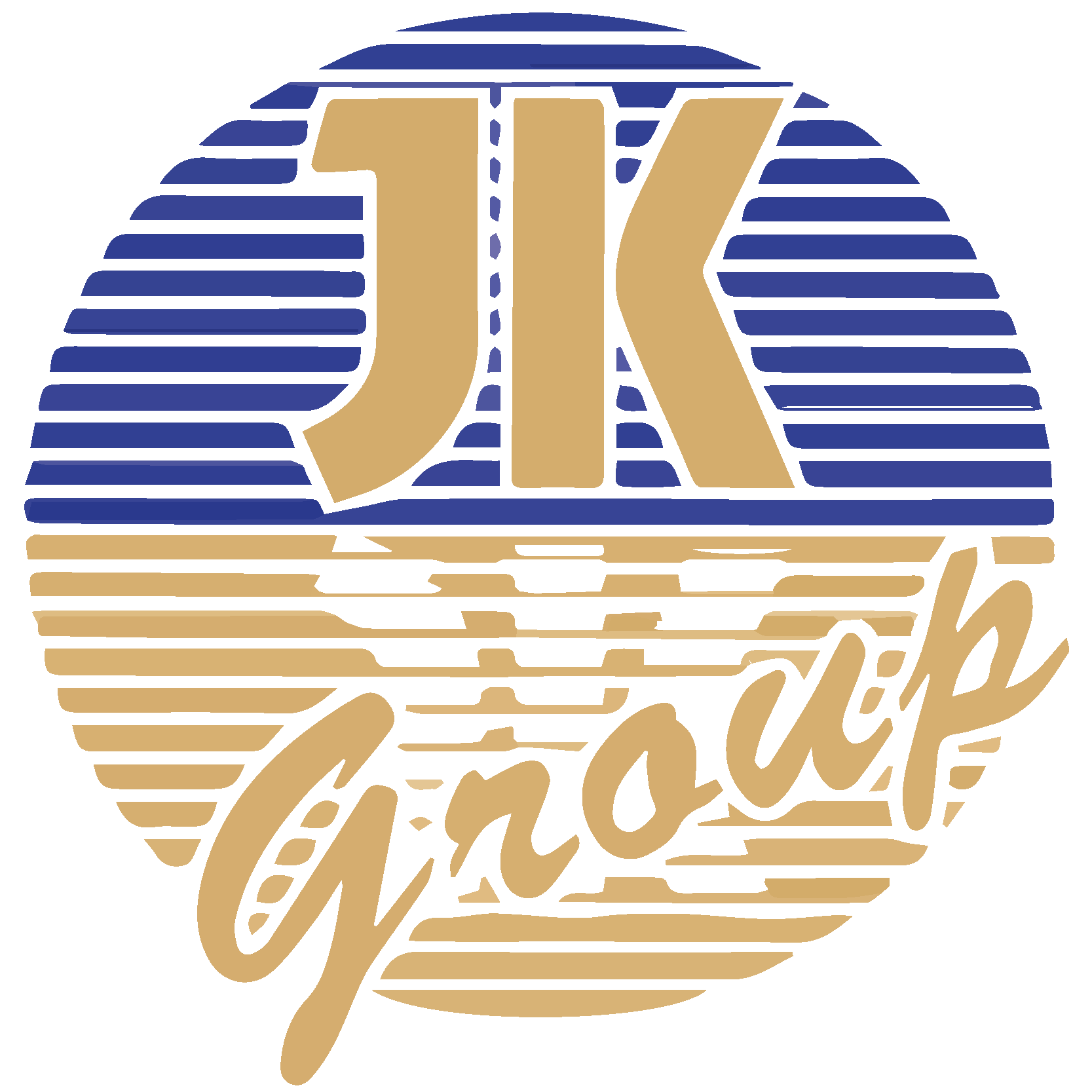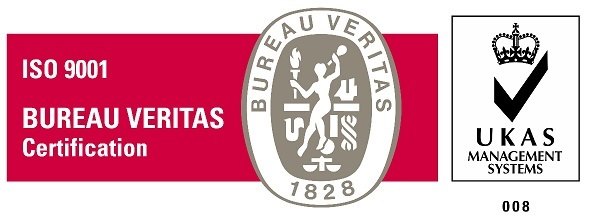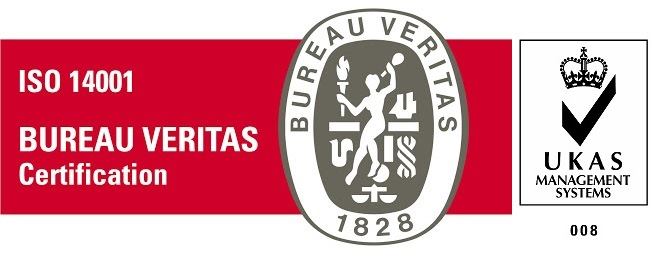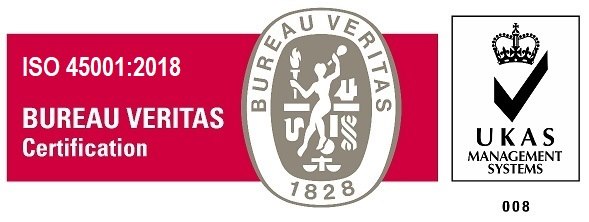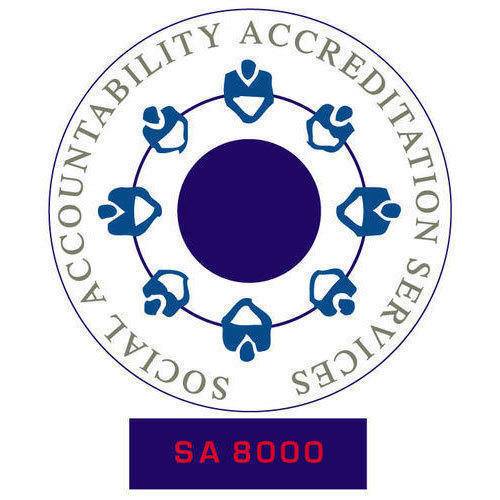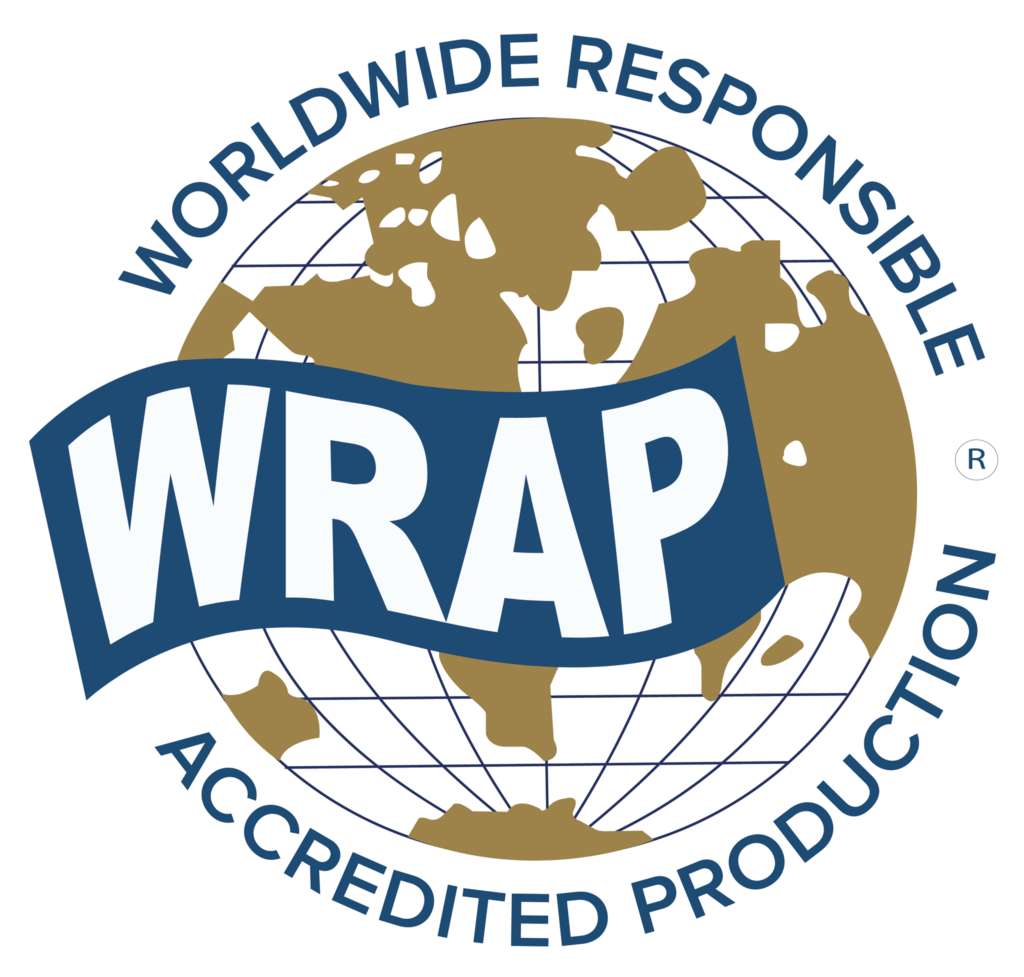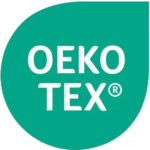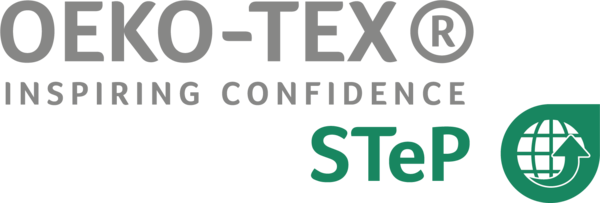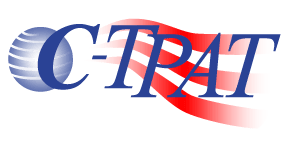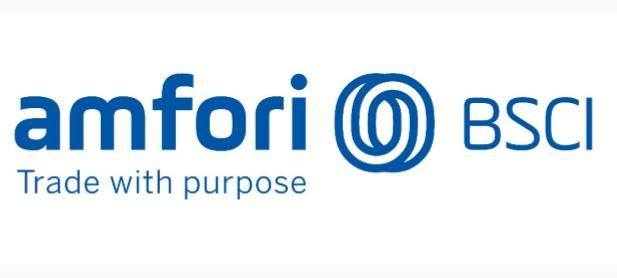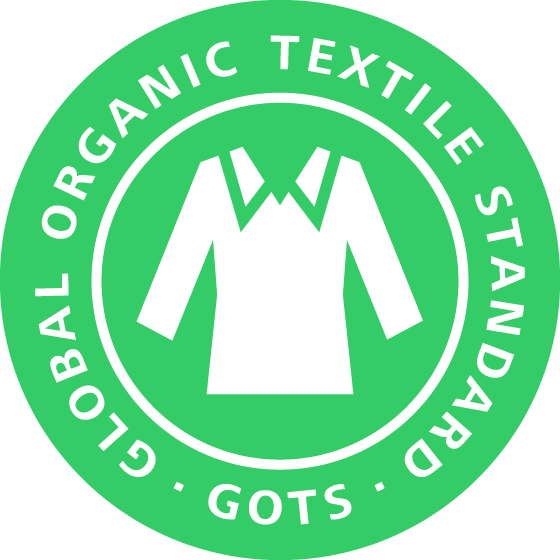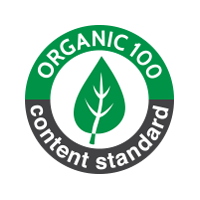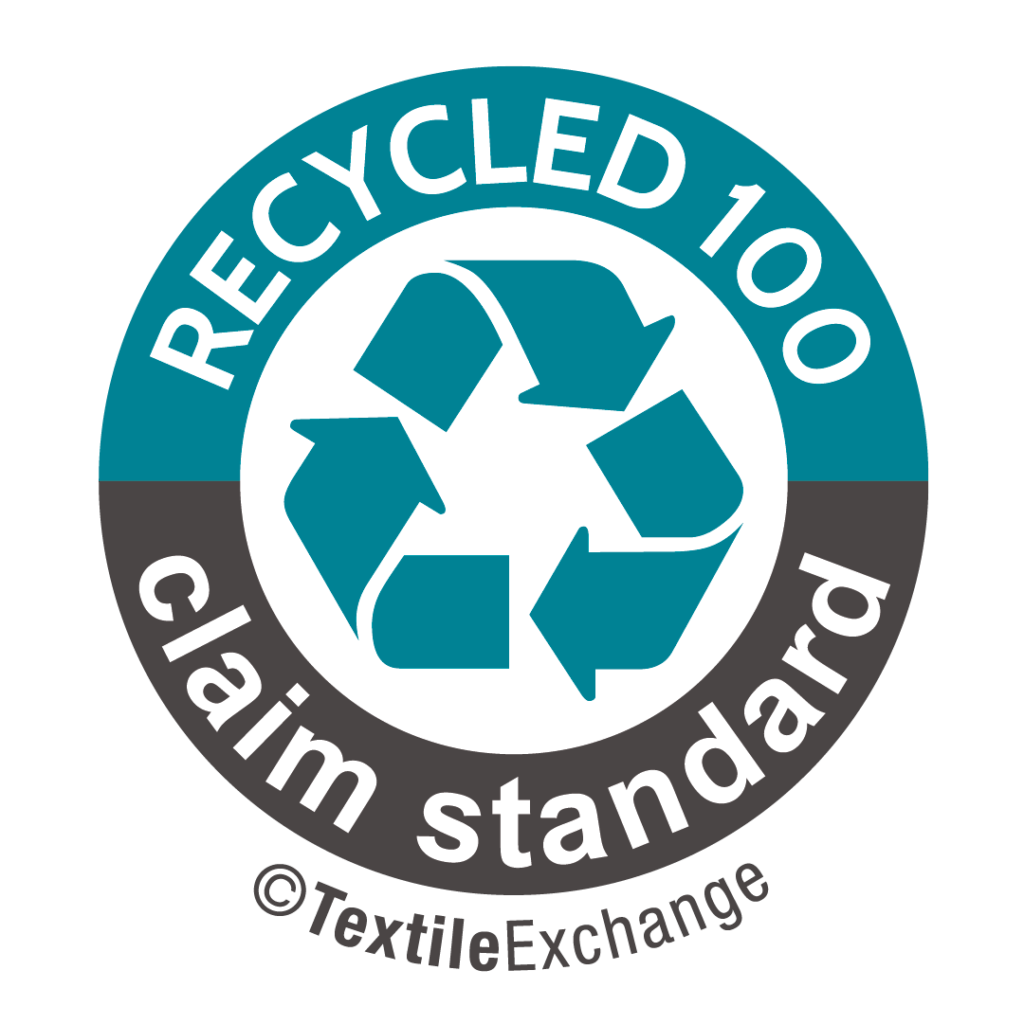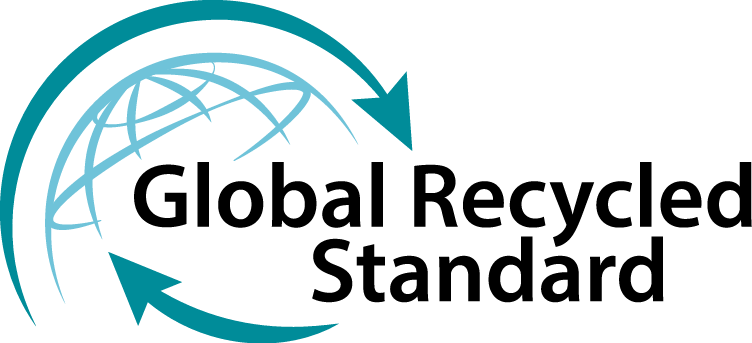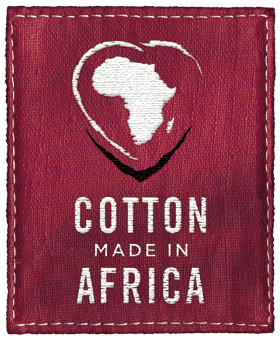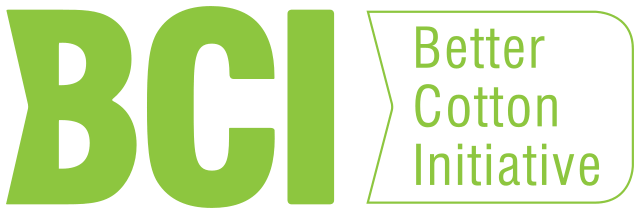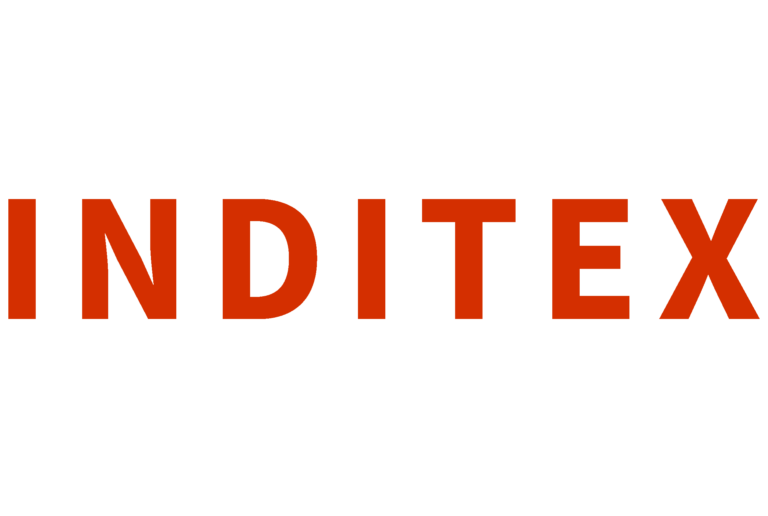ISO 9001:2015 is a certification for quality management system. ISO 9001:2015 certification is based on process approach to production, system approach to management, customer focus and continuous improvement in operations and strategies.
ISO / Compliance Certificates
ISO 14001:2015
JKS management acquired ISO-14001 as a response to the changing face of environmental legislation that is causing serious problems for many industries, with the textile industry being no exception. Ecology is a new parameter that today increasingly appears in the catalogue of requirements. For confidence in textiles, the need has arisen for such a seal of approval or label for products that in their manufacture, use and disposal have only a minimal impact on the environment.
ISO 45001:2018
Safety being a big catch these days. We need all information on measures taken to ensure the safest environment. ISO 45001:2018 is for health and safety management systems. It was developed in response to widespread demand for a recognized standard of certification & assessment.
SA 8000:2014
SA 8000 is an international certification standard that encourages organizations to develop, maintain and apply socially acceptable practices in the workplace. SA 8000 certification addresses issues including forced and child labor, occupational health and safety, freedom of association and collective bargaining, discrimination, disciplinary practices, working hours, compensation, and management systems.
WRAP
WRAP (Worldwide Responsible Accredited Production) certification salient features are no child labor, no forced labor, no discrimination by race, color or gender, equal opportunity employer, good working environment, custom compliance, remuneration and fringe benefits as per local laws, electronic attendance, hand scanning, a maximum of a 56 hour working week, proper health and safety, during interdiction etc.
Oeko-Tex Standard 100 (Greige Yarn, Fabric & Home Textile)
Oeko-Tex Standard 100 confirms the confidence in textile and is a certificate to affirm that products have been manufactured without the use of harmful substances, assures human ecological safeties of textiles and fulfills the requirements of existing European legislation regarding the use of Azo dyes.
C-TPAT
STeP by OEKO-TEX® stands for Sustainable Textile & Leather Production and is a modular certification system for production facilities in the textile and leather industry. The goal of STeP is to implement environmentally friendly production processes in the long term, to improve health and safety and to promote socially responsible working conditions at production sites.
GOTS
GOTS standard aims to ensure organic status of textile from harvesting, through environmentally and socially responsible manufacturing, up to labeling in order to provide a credible assurance to the end customer.
RCS
RCS (Recycled Claim Standard) is used as a chain of custody standard to track recycled raw materials through the supply chain. RCS uses the chain of custody requirements of the Content Claim Standard. The RCS verifies the presence and amount of recycled material in a final product.
Sedex
Sedex is an innovative and effective supply chain management solution portal that bridges up customers and suppliers, helping you to reduce risk, protect your company reputation and improve supply chain practices.
BCI
Better Cotton Initiative (BCI) exists to make global cotton production better for the people who produce it, better for the environment it grows in and better for the sector’s future. BCI aims to transform cotton production worldwide by developing Better Cotton as a sustainable mainstream commodity
